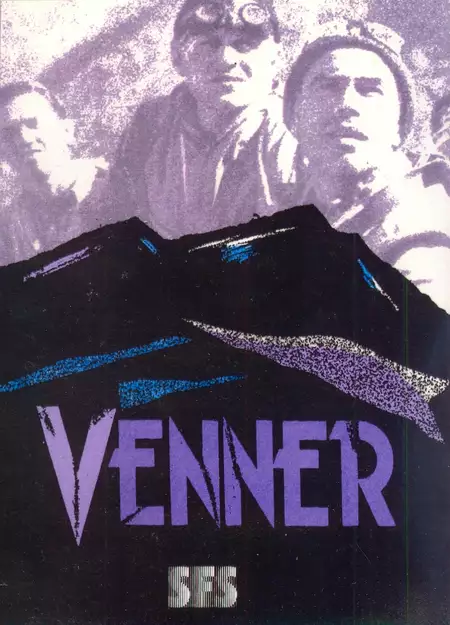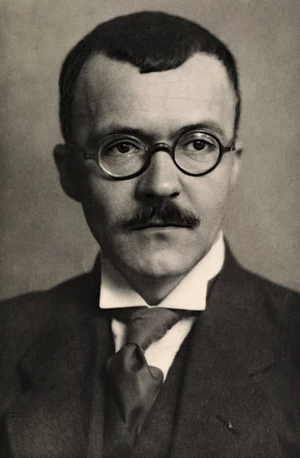Biography
(No Information)
Filmography
all 1
Movies 1
Writer 1
Writer

Venner (1960)
Movie
Information
Known ForWriting
GenderMale
Birthday1889-04-27
Deathday1968-03-25 (78 years old)
Birth NameOle Peter Arnulf Øverland
Birth PlaceKristiansund, Norway
Religionatheism
RelationshipsMargrete Aamot Øverland (1945 - 1968), Hildur Arntzen (1918 - 1939), Bartholine Eufemia Leganger (1940 - 1945)
CitizenshipsNorway
ResidencesGrotten, Norway
AwardsNorwegian radio listeners' Society's prize, Mads Wiel Nygaard's Endowment, Gyldendal's Endowment, Dobloug Prize
This article uses material from Wikipedia.
Last updated:
Image credit: Nasjonalbiblioteket, CC BY 2.0, via Wikimedia Commons
 Arnulf Øverland
Arnulf Øverland- Filmography
- Information